The transformation of teachers in the digital age has created fundamental changes in teaching and learning methods, as well as new challenges and opportunities for the teaching profession.
 |
| With the development of artificial intelligence (AI), teachers must constantly learn and update new knowledge. (Illustration: Nguyen Trang) |
The digital age is dramatically transforming all areas of social life, and education is no exception. With the continuous development of information technology, teachers today are not only the ones who impart knowledge but also the ones who guide students, mastering technological tools to improve the quality of teaching. The transformation of teachers in the digital age has created fundamental changes in teaching and learning methods, as well as new challenges and opportunities for the teaching profession.
AI has impacted every home and every industry, including education, but AI cannot replace human-to-human interaction. Only teachers can understand the emotions, motivations, and difficulties of students. The educational environment is the cradle that forms and nurtures each person's personality, along with family and society. These factors play an important role in creating a truly meaningful learning experience.
No one can stay away from AI and the world of education is moving very fast in AI application. Being ready to apply AI contributes to liberating the teacher’s energy by reducing repetitive and time-consuming tasks. Through effective application of AI, teachers will have enough space and time for creativity, understanding and compassion. That is the future of education in the digital age.
Gone are the days of “teachers reading and students copying”. Now, the digital age has opened up a vast world of information, where students can access knowledge anytime and anywhere via the Internet. In this context, teachers not only play the role of knowledge transmitters but also have to become guides, accompanying students on the path of discovery and knowledge seeking.
With the advent of digital tools such as computers, projectors, learning software and online education platforms, teachers need to be familiar with and use these technologies to create more vivid, engaging and effective lessons. Tools such as PowerPoint, online videos, and even simulation software help teachers not only convey theory but also bring real-life learning experiences to students, thereby creating a lively and accessible learning environment.
In addition, online learning platforms provide teachers with the ability to connect and interact with students anytime, anywhere, overcoming the space and time barriers of traditional classrooms. This requires teachers to be able to use technology proficiently and flexibly in designing lectures, exercises and learning activities to suit the needs of each student.
To meet the demands of the digital age, teachers need to equip themselves with a full set of digital skills. This includes not only the proficiency in using software tools and online learning platforms, but also the ability to exploit resources, assess and respond to students across platforms, as well as build and manage digital classrooms effectively.
In other words, developing teachers’ digital skills is not only limited to teaching but also involves the use of technology. Using technology in teaching and classroom management also helps reduce manual workload, giving teachers time to focus on creating lessons and developing effective teaching methods, creating quality lessons.
The digital age has not only changed the way teachers teach, but also the way teachers and students communicate and interact. In the digital environment, students can easily reach teachers through messaging, online forums, or online classes. This opens up opportunities for teachers to support students in a timely manner, answer questions, and provide additional learning materials that are relevant to them.
However, interaction in the digital space also requires teachers to be able to build and maintain positive relationships with students, especially in online learning environments. Unlike traditional classrooms, teachers in the digital age are not only teachers but also counselors and emotional support for students.
 |
| The digital age offers many opportunities for teachers to improve their teaching skills. (Photo: Nguyen Trang) |
While the digital age brings many opportunities, it also poses many challenges for teachers. One of the biggest problems is the lack of digital skills. Not all teachers have the resources and time to learn and familiarize themselves with new technology. Teachers with many years of experience, or those working in remote areas where technology infrastructure is underdeveloped, will have difficulty transitioning to new teaching methods.
Furthermore, the dependence on technology also poses risks to the quality of education. The overuse of computers and smartphones by students can lead to distraction, lack of direct communication and limited ability to think independently. Therefore, teachers need to be able to balance the use of technology and maintain traditional teaching methods to ensure comprehensive development for students.
Along with the challenges, the digital age offers many opportunities for teachers to enhance their teaching skills and improve the quality of each lesson. Teachers today have easy access to rich learning materials, online training courses, and tools that help optimize the teaching process. The development of AI opens up the possibility of personalizing learning, helping teachers closely monitor the progress of each student, thereby providing more appropriate teaching methods.
In addition, accessing global education via the Internet will give teachers the opportunity to exchange, learn and share experiences with colleagues around the world. International cooperation in teaching and research will help teachers broaden their horizons, update new educational trends and apply modern teaching methods in their classrooms.
Mr. Le Duc Sao, Vice President of Vietnam Digital Communications Association, Director of Vietnam Digital Communications Information Center once said: “With AI, teachers are no longer 'teachers'. Now, teachers can become 'architects', creating new pictures with their students. The focus of educational skills with AI applications will shift from knowledge acquisition to critical thinking, problem solving, collaboration, creativity, digital literacy, emotional intelligence and cultural awareness. This promotes lifelong learning and prepares students for career change.”
Thus, it can be said that the digital age brings a major turning point in education, forcing teachers to constantly "transform" to avoid becoming obsolete. Although facing many challenges, with preparation, initiative and continuous learning efforts, teachers will overcome and take advantage of the opportunities that the digital age brings.
Source








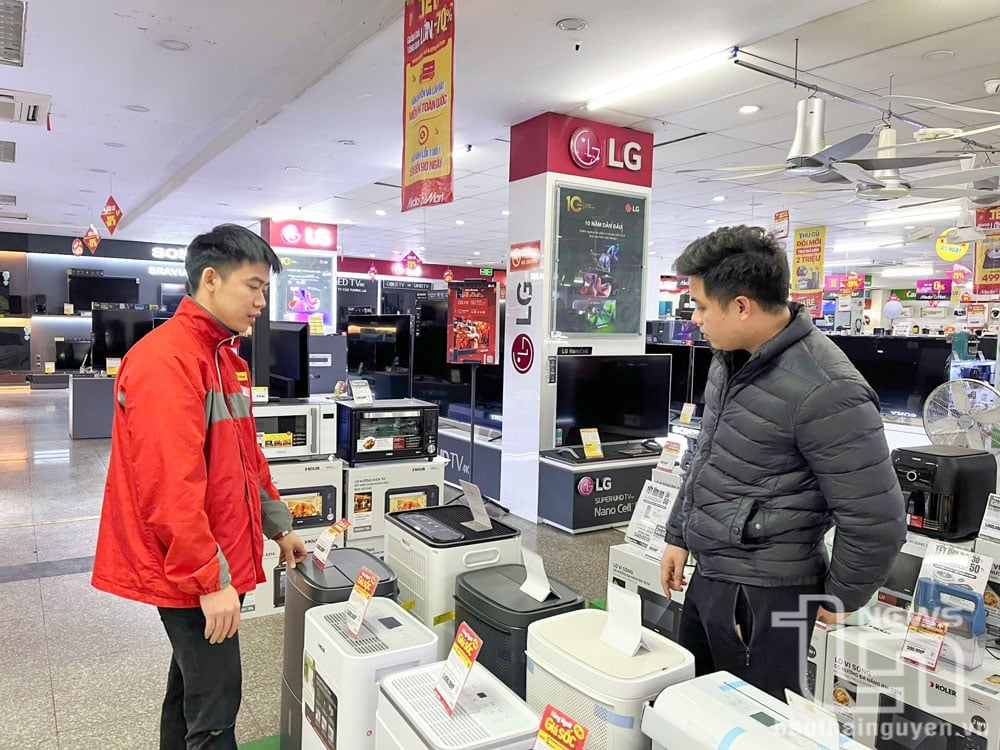


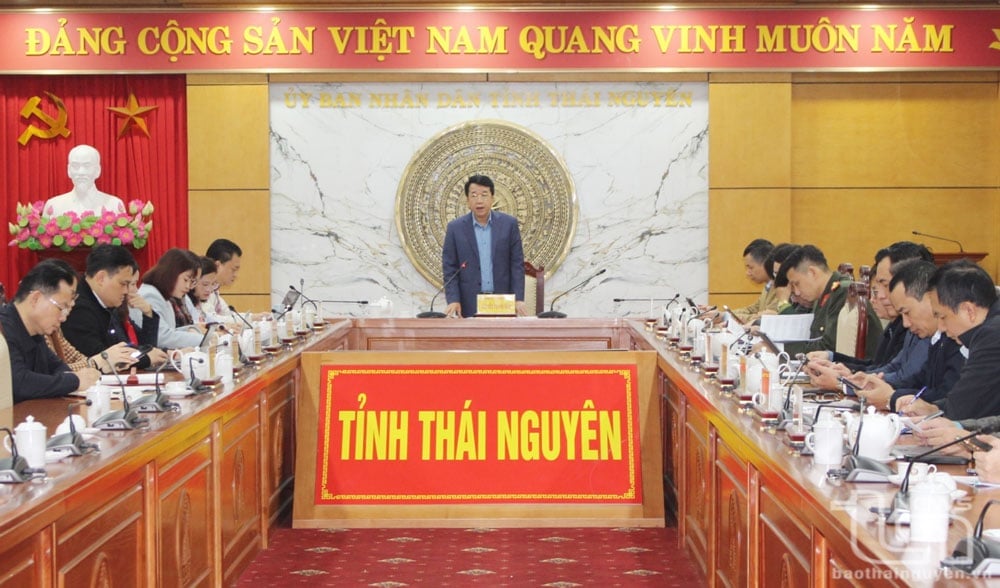



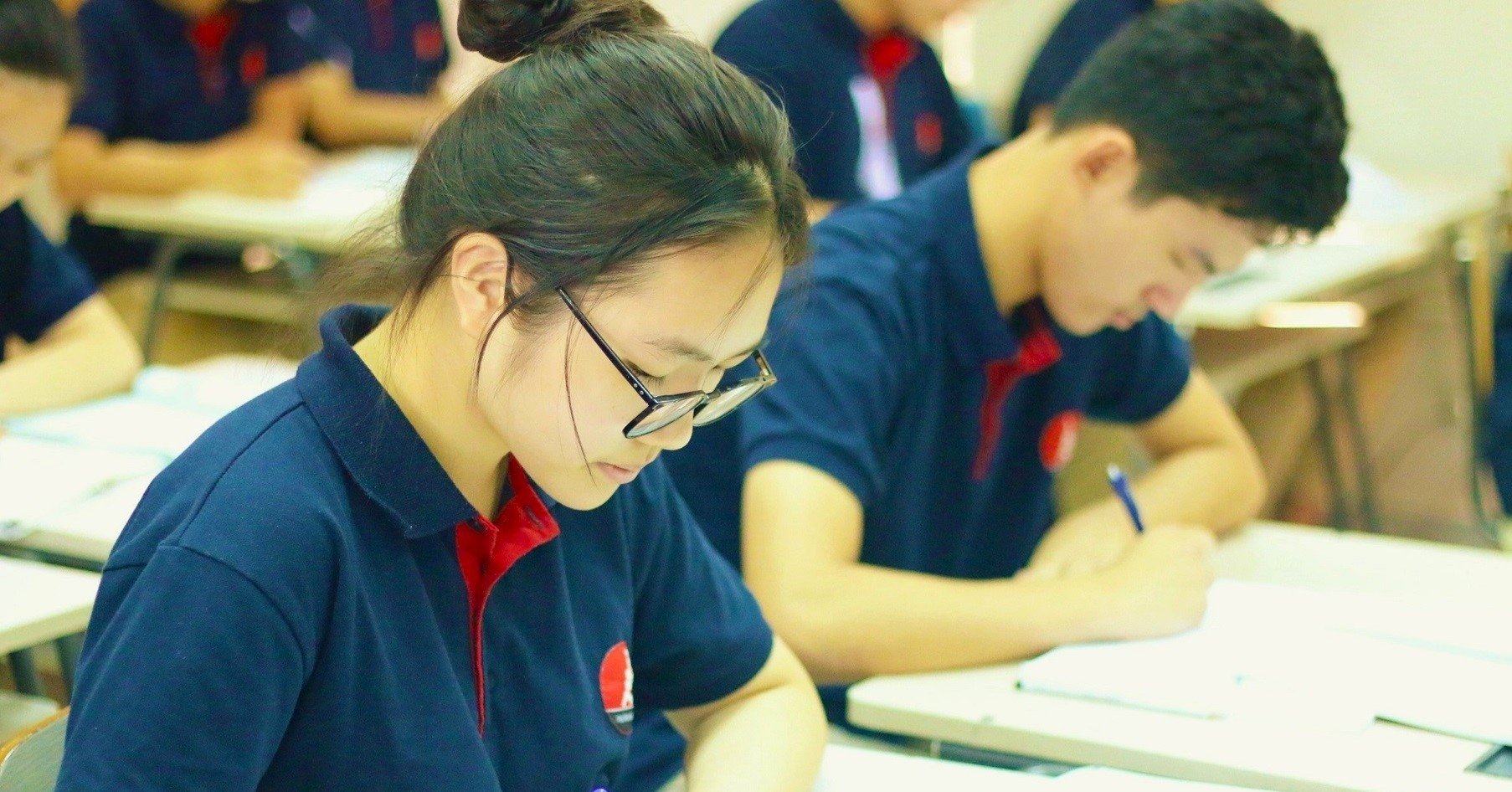






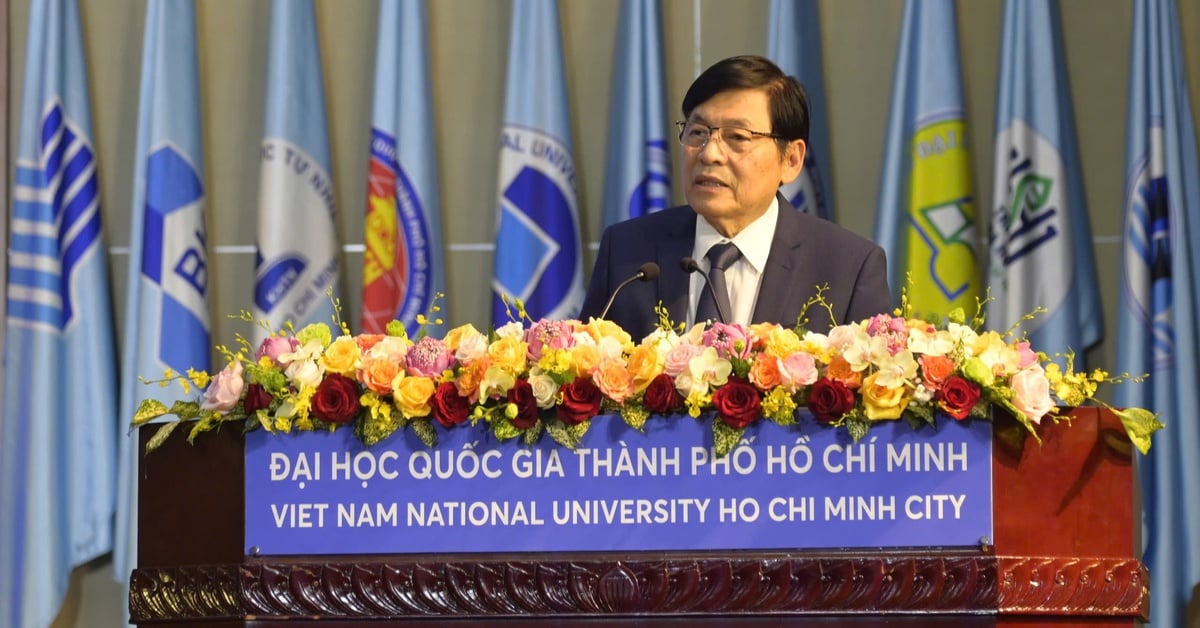








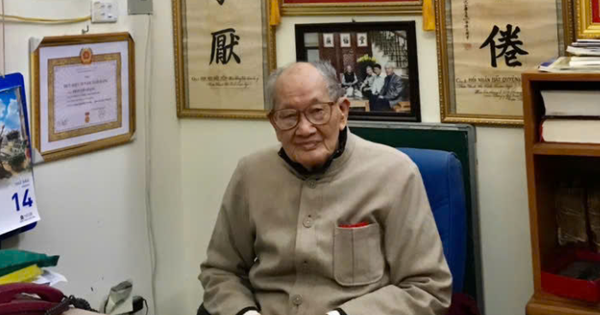











Comment (0)